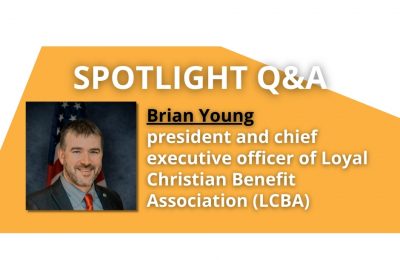Pennsylvania’s House and Senate passed the 2014-2015 state budget with little time to spare to meet the June 30 deadline. Governor Tom Corbett held out on signing the budget by 10 days, in order to carefully review each item in the budget and to encourage the legislature to continue to work on meaningful pension reform.
Although no pension reform or liquor privatization bills were ultimately sent to the governor, he signed the state budget into law, along with the fiscal code bill (HB 278), while also invoking his power to make some line-item vetoes. The fiscal code must accompany the budget in order for the budget to be enacted. This bill went back and forth from the House to the Senate several times, and after many amendments and concurrence votes, it was sent to and signed by the governor.
What’s Included?
Of high importance to Manufacturer & Business Association (MBA) members, this budget continues the phase-out of the Capital Stock and Franchise Tax (CSFT) in 2015. This budget also contains limited spending growth. The General Assembly’s budget represents a spending
increase of 2 percent over the prior year’s budget. This is consistent with the Taxpayer Protection Act, which calls for limiting increases in state government spending to inflation and population growth.
In addition, this budget includes no new taxes. Lawmakers did not include any new taxes in this year’s budget, despite pressure from outside groups pushing to increase the tax burden on working Pennsylvanians. Not only did lawmakers resist calls for an unfair severance tax, but they also moved forward with the phase out of the Capital Stock and Franchise Tax after years of delaying its elimination.
For the seventh consecutive year, state spending will exceed state revenue collections. This is possible due to one-time transfers from other funds and one-time revenue collections. While the state revenue sheet appears balanced, lawmakers will still have to make tough decisions to deal with our long-term fiscal challenges, which threaten the state’s fiscal health and economic growth. Overall spending, including education spending, is at an all-time high. In fact, state spending on education will be at the highest level ever this fiscal year.
Association Efforts
The MBA’s Government Affairs Department worked hard during this legislative session and budget season on several issues. We lobbied hard on the issue of paycheck protection and our efforts paid off. The House State Government Committee voted House Bill 1507 out of committee by a vote of 14-10. The Senate State Government Committee voted Senate Bill 1034, as amended, out of Committee by a vote of 7-4. While neither of these bills made it to the floor for a full vote by either chamber, the battle is not over. Both of these bills are now poised to go to the floor when the legislature returns to Harrisburg.
The Association also successfully lobbied against both House Bill 76 and Senate Bill 76, which would expand and increase the sales tax, raise the Personal Income Tax, and create new taxes on businesses in order to eliminate property taxes. We argued that there would still be a revenue shortfall and that this would stunt business and economic growth, as well as eliminate many jobs from the private sector.
In addition, the Association opposed all legislation that attempted to raise the minimum wage. The MBA, as part of a coalition, provided legislators with hard facts that showed that raising the minimum wage to $10.10 per hour would eliminate private sector jobs and slow economic growth.
While we have been successful in achieving many of our legislative initiatives, the fight is not over. We will continue to keep the pressure on our issues through the fall legislative session and throughout the election season.
For an election guide and legislative updates,
visit www.mba-ga.org.













